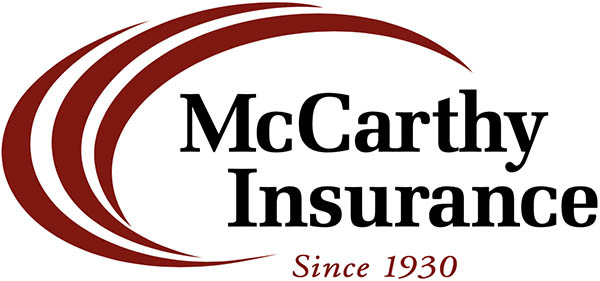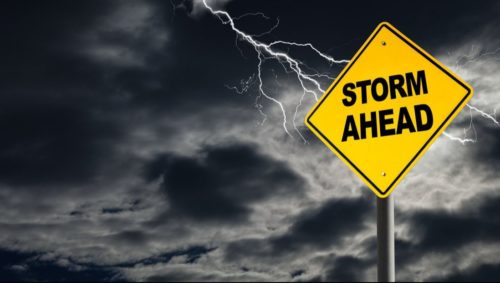Hurricanes can leave you vulnerable to major losses, as most home and business insurance policies will not cover flooding from certain storm circumstances. Hurricanes typically stretch 300 miles, so the spread of damage can be drastic. Storm preparation starts with making sure you have a flood insurance policy to ensure your home or business is protected properly. In addition, there are other steps you can take to increase your safety and decrease your losses.
Here are some key tips to keep in mind before, during, and after a storm.
Before a Hurricane
- Build or restock an emergency preparedness kit. Be sure to include key items like a flashlight, batteries, cash and first aid supplies.
- Bring in items, such as outdoor furniture, that the wind can blow away.
- Have drinking water ready for use.
- Be sure to keep your primary vehicle in good working condition and keep the gas tank full. Stock it with emergency supplies and a fresh change of clothes.
- Plan how to communicate with family members if you lose power – even consider building an emergency communication plan.
- Turn off propane tanks and unplug small appliances. Click here for more information on how to practice electrical safety during flooding.
During a Hurricane
- Close storm shutters and stay away from windows, as flying glass from broken windows could be dangerous.
- If you are outside, move to higher ground and do not walk, swim or drive through floodwater.
- If power is lost, be sure to use a flashlight. Using candles can pose an unnecessary fire risk.
- Turn your refrigerator or freezer to its coldest setting and open it only when necessary. If you lose power, this could help preserve your food supplies.
- Watch or listen to a TV or radio for the latest weather updates or emergency instructions. Many city or county websites also often supply updates every 30 minutes or so.
After a Hurricane
- Avoid walking or driving through floodwaters. Just six inches of moving water can knock you over and fast-moving water can sweep your vehicle away.
- Avoid any floodwater that may be electrically charged from underground or downed power lines. In addition, be extra vigilant as floodwater could be hiding dangerous debris and areas where the ground has washed away.
- Only return home when authorities indicate it is safe. Be sure to keep in touch with friends and family so they know that you are safe.
Hot Tip
Put a quarter in a cup of frozen water in your freezer.
Power outages can spoil everything in your fridge, and it may not be clear whether your food is safe to eat. An easy trick to determine whether items in your fridge might have spoiled is to fill a cup with water and put it in the freezer until the water is frozen. Then, put a quarter on top of the cup and return it to the freezer.
When you return, if your quarter hasn’t moved, then you’ll know that your electricity did not go out for a long time during the storm. But if the quarter is resting at the bottom of the cup, your food is no longer safe to eat.
The CDC also recommends that you lower the thermostat in your fridge and freezer to the lowest possible temperature. That will help your food stay fresh longer if the power goes out.
. . . .
Enduring the storm is only half the battle. We at McCarthy Insurance are prepared to help you recover. If you need to make a flood, personal, or commercial insurance claim, please get in touch.

